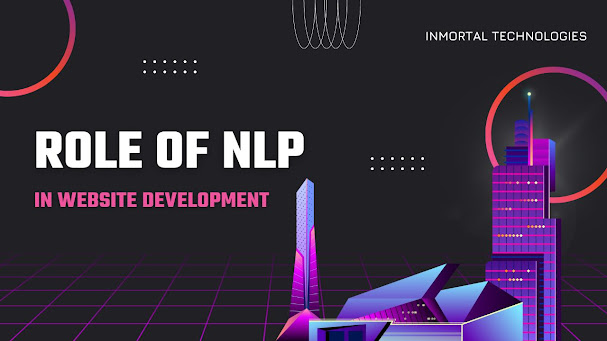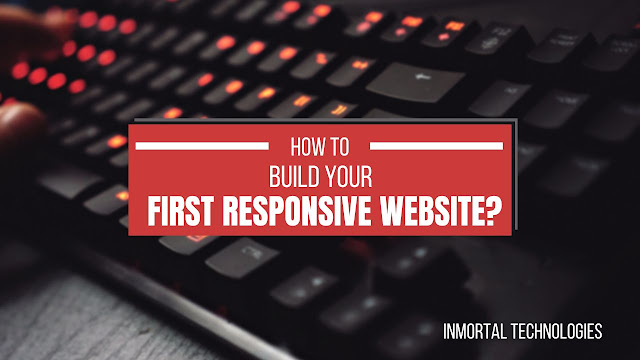Website Development Process
Website Development is a complex process that involves multiple stages, from planning and designing to coding and testing. A well-designed website can help a business to establish its online presence and reach its target audience. In this blog, we will discuss the website development process and its key stages:-
- Planning Stage:- The planning stage is the first step in the website development process. It involves gathering information about the client's business, target audience, and goals. The planning stage should also include a detailed analysis of the client's competitors and their websites. This will help in identifying the best practices and design elements that can be incorporated into the new website.
In this stage, the developer will also create a sitemap, which is a visual representation of the website's structure. The sitemap will help in organizing the content and identifying the pages that need to be created. The developer should also define the website's content strategy, which should include the type of content to be created and the frequency of updates.
- Design Stage:- The design stage involves creating the website's visual elements, such as the layout, color scheme, and typography. The design should be based on the client's branding guidelines and should be consistent with the company's image. The designer should also consider the website's usability and accessibility when creating the design.
In this stage, the designer will create wireframes, which are simple sketches of the website's layout. The wireframes will help in visualizing the website's structure and identifying any design issues. The designer will also create mockups, which are high-fidelity visual representations of the website's design. The mockups will help in communicating the design to the client and getting feedback.
- Development Stage:- The development stage involves coding the website's frontend and backend. The frontend is the part of the website that the user interacts with, while the backend is the part that manages the website's data and functionality. The developer should choose the right programming languages and frameworks for the project.
In this stage, the developer will create the HTML, CSS, and JavaScript code for the frontend. They will also create the server-side code for the backend, which can include programming languages like PHP, Python, or Ruby. The developer should also integrate the website with any third-party services or APIs that are required.
- Content Creation Stage:- The content creation stage involves creating the website's textual and visual content. The content should be engaging, informative, and relevant to the target audience. The developer should also optimize the content for search engines by using keywords and meta tags.
In this stage, the client should provide the developer with the content, or the developer can hire a professional copywriter or content creator. The content should be proofread and edited before it is published on the website.
- Testing Stage:- The testing stage involves testing the website's functionality, usability, and performance. The developer should test the website on different devices and browsers to ensure that it is compatible with all platforms. They should also test the website's speed and security.
In this stage, the developer can use automated testing tools or manual testing methods. The website should be tested for bugs, errors, and usability issues. Any issues should be fixed before the website is launched.
- Launch Stage:- The launch stage involves deploying the website to the server and making it live. The developer should ensure that the website is properly configured and optimized for speed and security. They should also set up analytics tools to track the website's performance.
In this stage, the developer should also submit the website to search engines and directories. The website should be promoted through social media and other marketing channels.
- Maintenance Stage:- The maintenance stage involves keeping the website up-to-date and fixing any issues that arise. The developer should monitor the website's performance and update the content regularly.
Whom Shall I Consult about making an Responsive Website?
Inmortal Technologies is a best website development company in India and have a team of experts who specialize in creating, designing, and maintaining websites for businesses. We use the latest technologies and industry best practices to ensure that the website is user-friendly, secure, and optimized for search engines.




Comments
Post a Comment